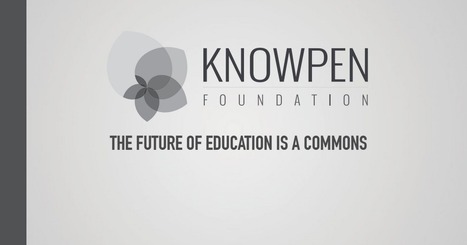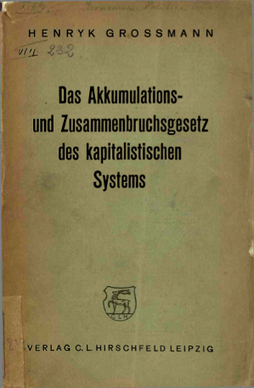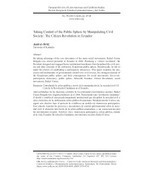The commons – as a constellation of specific projects, a transnational network, and a discourse that makes bracing moral and political claims -- is on the rise. It can be seen in renewed interest in classical commons such as farmland, fisheries, forests and water as well as in efforts to build communities around shared digital resources and re-imagine governance of city resources as commons, among many other initiatives. Much of the focus of commons is not on the resource alone, but on the social practices and norms of working together in equitable ways for shared ends, often known as “commoning.”
Research and publish the best content.
Get Started for FREE
Sign up with Facebook Sign up with X
I don't have a Facebook or a X account
Already have an account: Login
on peer-to-peer dynamics in politics, the economy and organizations
Curated by
jean lievens
 Your new post is loading... Your new post is loading...
|
|

















